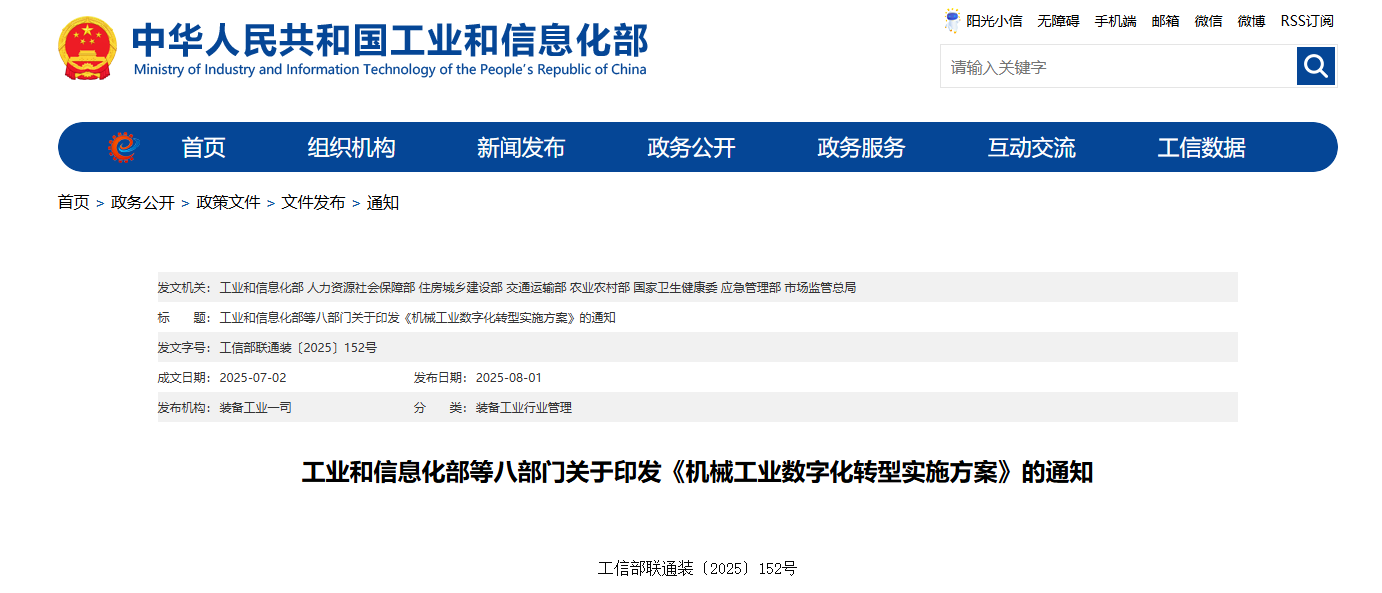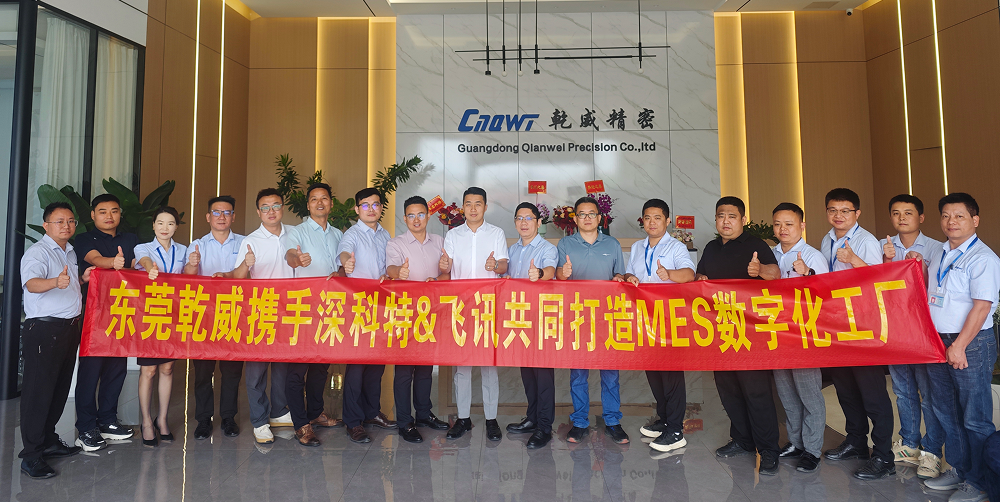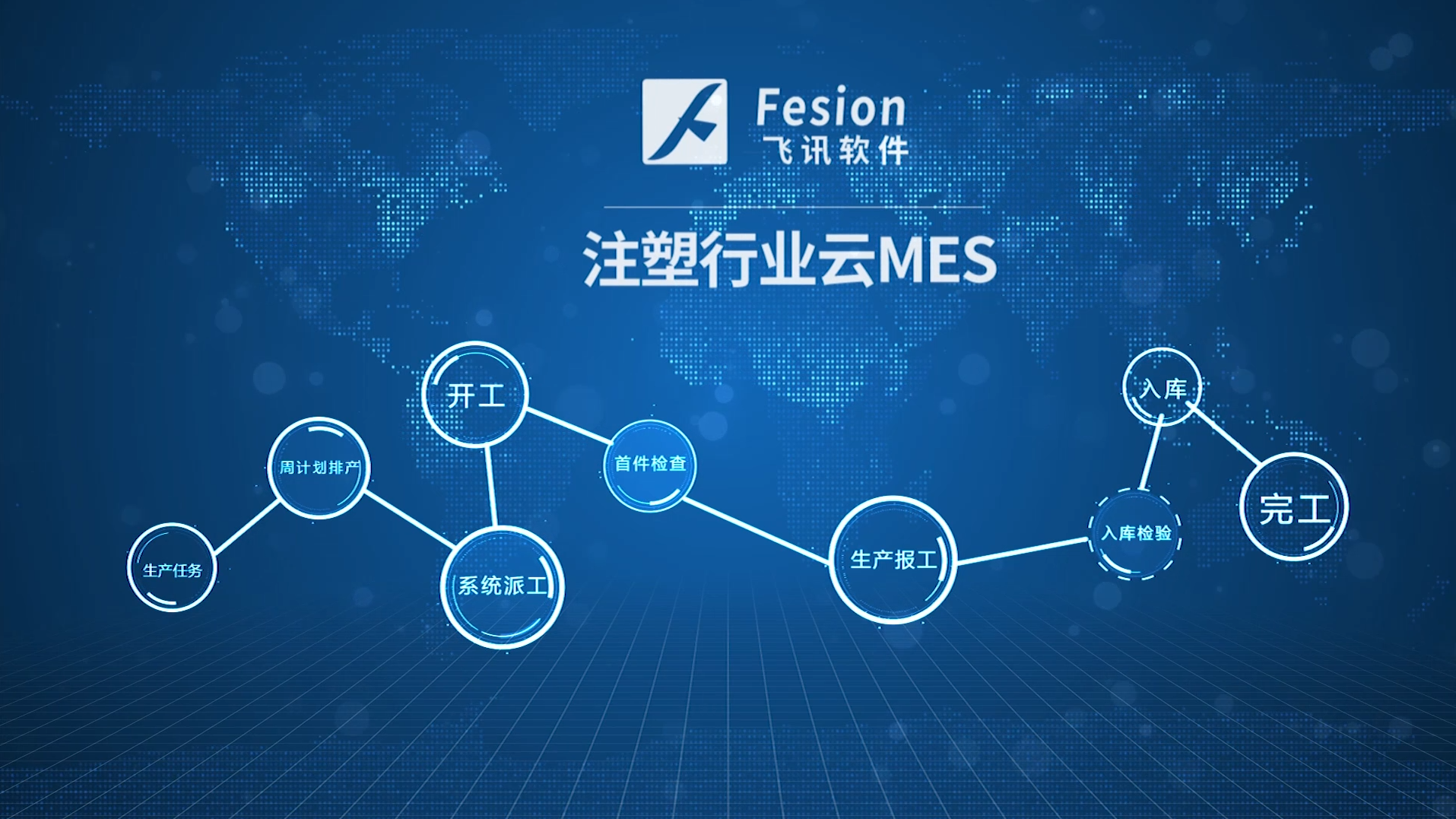QMS是什么

QMS是什么
Introduction:
Quality Management System (QMS) is an essential part of any organization striving for excellence and customer satisfaction. It provides a structured approach to managing and improving the quality of products or services offered by a company. In this article, we will explore what QMS is, its importance, and how it benefits businesses.
What is QMS?
QMS refers to a set of policies, processes, procedures, and resources that are implemented within an organization to ensure that its products or services consistently meet or exceed customer requirements and expectations. It involves the systematic control and documentation of various quality-related activities, including quality planning, quality assurance, quality control, and continuous improvement.
The Importance of QMS:
Implementing a QMS brings numerous benefits to an organization:
1. Enhanced Customer Satisfaction:
A well-implemented QMS focuses on meeting customer needs and expectations. By consistently delivering high-quality products or services, organizations can enhance customer satisfaction, which leads to repeat business, positive word-of-mouth, and increased brand loyalty.
2. Improved Operational Efficiency:
QMS helps organizations streamline their processes and eliminate waste, leading to improved operational efficiency. By identifying and addressing bottlenecks, redundancies, and non-value-added activities, companies can optimize their operations, reduce costs, and increase productivity.
3. Compliance with Standards and Regulations:
Many industries have specific standards and regulations that organizations must comply with to operate legally and ensure product safety. Implementing a QMS ensures that these requirements are met, reducing the risk of legal issues, product recalls, and damage to the organization's reputation.
4. Data-Driven Decision Making:
QMS relies on data collection, analysis, and interpretation to drive decision making. By gathering relevant data and analyzing key performance indicators, organizations can identify areas for improvement, make informed decisions, and implement effective corrective actions.
5. Continual Improvement:
QMS promotes a culture of continuous improvement within an organization. Through regular monitoring, measurement, and evaluation of processes, products, and customer feedback, companies can identify opportunities for improvement and implement changes to enhance quality and efficiency.
Key Components of QMS:
A robust QMS typically comprises the following key components:
1. Quality Policy and Objectives:
A quality policy outlines an organization's commitment to quality and serves as a guiding principle for its operations. Clear and measurable quality objectives are set to achieve the desired level of quality performance.
2. Documentation and Record Keeping:
QMS requires proper documentation and record keeping to ensure transparency, traceability, and conformity to standards. This includes creating and maintaining documents such as procedures, work instructions, forms, and records.
3. Risk Management:
Identifying and managing risks is integral to QMS. Organizations must assess potential risks to quality and take proactive measures to mitigate them.
4. Training and Competence:
Ensuring that employees are trained and competent in their respective roles is crucial for quality. QMS establishes procedures for identifying training needs, providing necessary training, and evaluating employee competence.
5. Internal Audits:
Regular internal audits are conducted to assess the effectiveness of the QMS, identify non-conformances, and drive continual improvement.
Conclusion:
Implementing a QMS is vital for organizations seeking to provide high-quality products or services consistently. It enables businesses to enhance customer satisfaction, improve operational efficiency, comply with industry standards, make data-driven decisions, and foster a culture of continuous improvement. By embracing QMS principles, organizations can gain a competitive edge and ensure long-term success in today's global marketplace.
飞讯软件成立于2006年,拥有自主研发低码开发平台。是一家集“营销、制造、采购”全链路数智化工厂定制方案商和服务商。产品服务:数字化车间、互联工厂和链主工厂。公司以MRO、ERP、MES、WMS、CRM、SRM等产品为基础,为客户提供数智化工厂整体方案规划和落地陪跑服务,服务范围覆盖珠三角和长三角地区。致力于帮助客户创立切合实际场景、可传承、可创新的数字化运营体系,解决“流程信息化、管理数字化和决策智能化”等问题,为不同企业、不同阶段实现不同的经营目标。























请先 登录后发表评论 ~